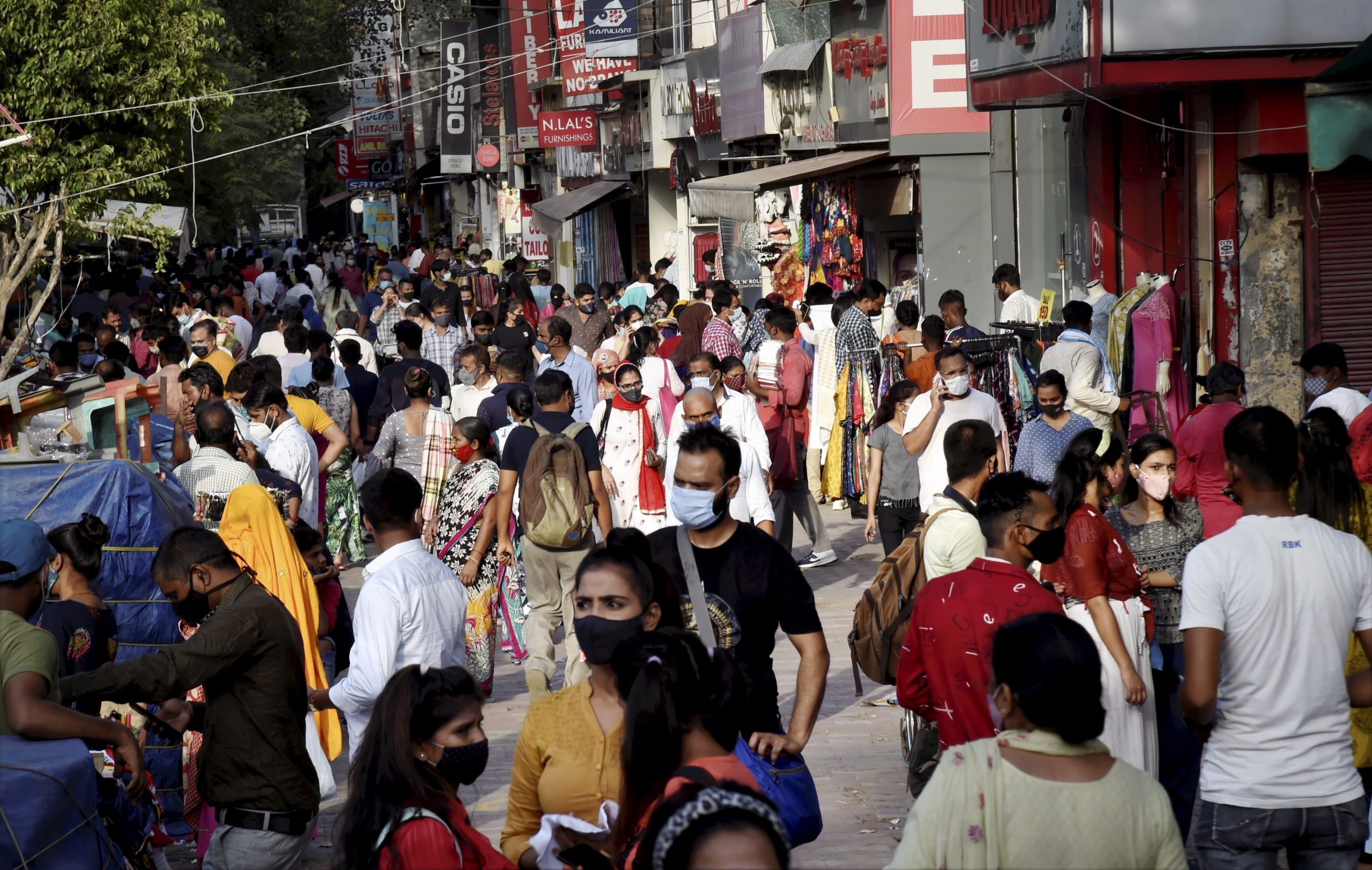According to the World Health Organisation, combining two inflammation-blocking medications minimises COVID-19 hospitalisation and fatality risk when compared to standard treatment.
The international health body said in a statement on Tuesday that adding medicines that inhibit an immune protein called interleukin-6 to an already commonly used drug, corticosteroids, decreases the chance of mortality and the requirement for breathing support. The recommendation was based on over 11,000 participants who participated in 27 studies.
Also Read | India reports 43,733 new COVID-19 cases; recovery rate increases to 97.18%
When a COVID-19 patient is seriously ill, interleukin-6 is produced as the immune system of the person will overreact. This encouraged WHO experts to look at the benefits of treating COVID-infected people, who are hospitalised, with drugs that inhibit the disease’s effectiveness.
They discovered that when combined with corticosteroids, the medicines reduced the chance of mortality by 17% as compared to corticosteroids alone. Patients who were not on ventilators had a 21% decreased chance of dying.
“These results, which will lead to better outcomes for patients hospitalised with COVID-19, reflect a huge global effort,” Claire Vale, principal research fellow at the MRC Clinical Trials Unit at University College London, told Bloomberg.
Patients who received medicines that inhibited interleukin-6 combined with corticosteroids had a reduced chance of dying within 28 days, according to the findings. The likelihood of death in this group was 21%, compared to 25% in those who received conventional treatment. This means that four more patients will survive for every 100 who die.
Also Read | Pfizer’s COVID vaccine provide protection against severe illness in Israel: Report
“Given the extent of global vaccine inequality, people in the lowest income countries will be the ones most at risk of severe and critical COVID-19,” Janet Diaz, head of clinical management at WHO Health Emergencies, told Bloomberg. “Those are the people these drugs need to reach.”
WHO — in collaboration with King’s College London, University of Bristol, and University College London and Guy’s and St Thomas’ NHS Foundation Trust — conducted the study, which was published in the Journal of the American Medical Association.







